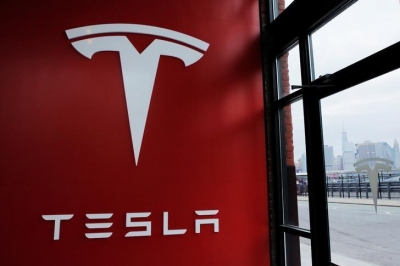India To Spend $30 Bn To Achieve Independence On Chip Supply Chain

Taipei/New Delhi, June 16: India, which aims to become a global semiconductor hub in coming years, is set to pump $30 billion into its technology sector to achieve independence on chips so that it isn’t “held hostage” to global suppliers, the media reported on Thursday.
Gourangalal Das, director-general of the India-Taipei Association which is the country’s de-facto embassy in Taipei, told Nikkei Asia that the country would boost local production of chips as well as displays, advanced chemicals, networking and telecom equipment, batteries and electronics.
“There is an increase in demand for semiconductors. By 2030, India semiconductor demand will attain $110 billion. So by that point, it will likely be over 10 per cent of world demand,” Das was quoted as saying in the report.
“We want some assurance that our demand for semiconductors shouldn’t be held hostage to the vagaries of supply chains a” one thing that we noticed through the pandemic,a the diplomat added.
India and Taiwan are marching ahead to ink the much-awaited Free Trade Agreement (FTA) which will have prime focus on having a semiconductor manufacturing hub in India by a Taiwanese company.
If this gets through, it will be a win-win situation for both the parties as India aspires to become a global semiconductor manufacturing hub and Taiwan wants to move away its business from China.
The most immediate rationale in expanding the mutual cooperation lies in the setting that like many other Asian and South Asian countries including those of South Korea and Japan, Taiwan too seeks to pull out its investments out of the Chinese soil and reduce its dependence on the country.
This very well coincides with India’s quest to become a digital hub. India is making all possible efforts to become technologically resilient.
The FTA talks between the two nations are strongly pivoted around the proposal to build a semiconductor manufacturing facility in India.
The Indian government recently announced an outlay of Rs 76,000 crore (around $10 billion), under its production linked incentive (PLI) scheme, separately for the development of a semiconductor and display manufacturing electronics ecosystem.
In the last few years, India has been actively promoting cooperation with Taiwan in trade, investment, tourism, culture, education, and people-to-people exchanges. Both the countries have also constituted teams for the expansion of fruitful collaboration in education and skill development.
Das told Nikkei Asia that India is open to collaborations with Taiwanese tech gamers who’ve semiconductor, show and electronics manufacturing experience.
“One early entrant is iPhone assembler Foxconn, which has partnered with Indian pure assets conglomerate Vedanta to construct a semiconductor plant within the nation,” the report mentioned.






